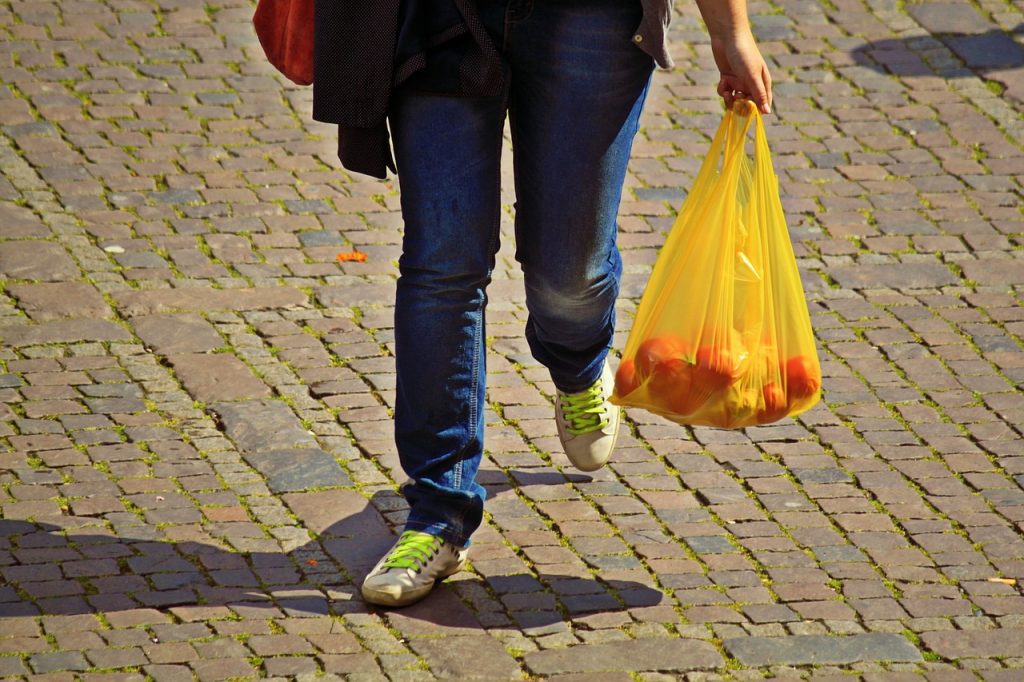Experts Have Found A Way To Turn Plastic Bags Into Fuel
With the help of the novel method, polyolefins, a class of polymers, can be selectively recycled and turned into fuel.
This article is more than 2 years old

Two points to you if you have your own fabric shopping bags. Two more points if you remember to bring them into the grocery store and don’t leave them in the car. By doing this, you are cutting back on single-use plastics that are detrimental to not just the environment but bad for the animals in it. In fact, some states have begun banning these plastic bags altogether. And all this is happening while scientists are trying to figure out ways to change the elements in single-use plastic bags into fuel.
According to GeekWire, With the help of the novel method, polyolefins, a class of polymers that includes polyethylene (PE) and polypropylene, can be selectively recycled (PP). Squeezable bottles, cling film and plastic bags are all examples of PE plastics. Bottle caps, food storage receptacles, and single-serve coffee capsules are frequently made of PP plastic.
Commonly, the highly stable molecular bonds that make these single-use plastics so tenacious in the environment require a significant amount of energy in the form of heat to “crack” them. These carbon-carbon bonds are broken during cracking, breaking the molecules down into smaller compounds.
In a world where we are all searching for more sustainable options to reverse climate change, it would seem that getting rid of single-use plastics, especially plastic bags from grocery stores, would make a huge impact. But there are so many of them that even if we stop using them tomorrow, we still have an issue. These bags don’t break down and don’t go away. It’s just better to use your reusable bags.
We are so careless with plastic bags that they don’t just go to landfills. Unfortunately, they are so light they can travel in the wind for miles. They end up in oceans and in rivers and lakes. Animals and fish living in the environment have tried to digest them since they look like jellyfish or other types of food they typically consume. This case of mistaken identity is deadly for animals like sea turtles, whales, dolphins, and more.
Although only a few states and locations have flat-out banned single-use plastics, the national government is attempting to ban plastic bags at national parks. The Interior Department has an obligation to play a leading role in reducing the effect of plastic waste on ecosystems and our climate.
The secretary continued emphasizing that their organization’s primary responsibility is safeguarding the nation’s native plants and animals and that we are ideally positioned to do better for our Earth. There is a belief that addressing plastic bags in parks should be the first step in doing this.
The agency has been charged with finding other possible plastic substitutes that can be easily distributed to the nation’s national parks in order to put their plan into action. Any reusable or biodegradable material is being taken into consideration. Among the choices are paper, bioplastics, reusable cloth, and other materials. These will be easy switches for plastic bags.
A potential circular economy that is significantly more economically and environmentally sustainable and with much less waste and plastic bags could benefit greatly from efforts like this.





